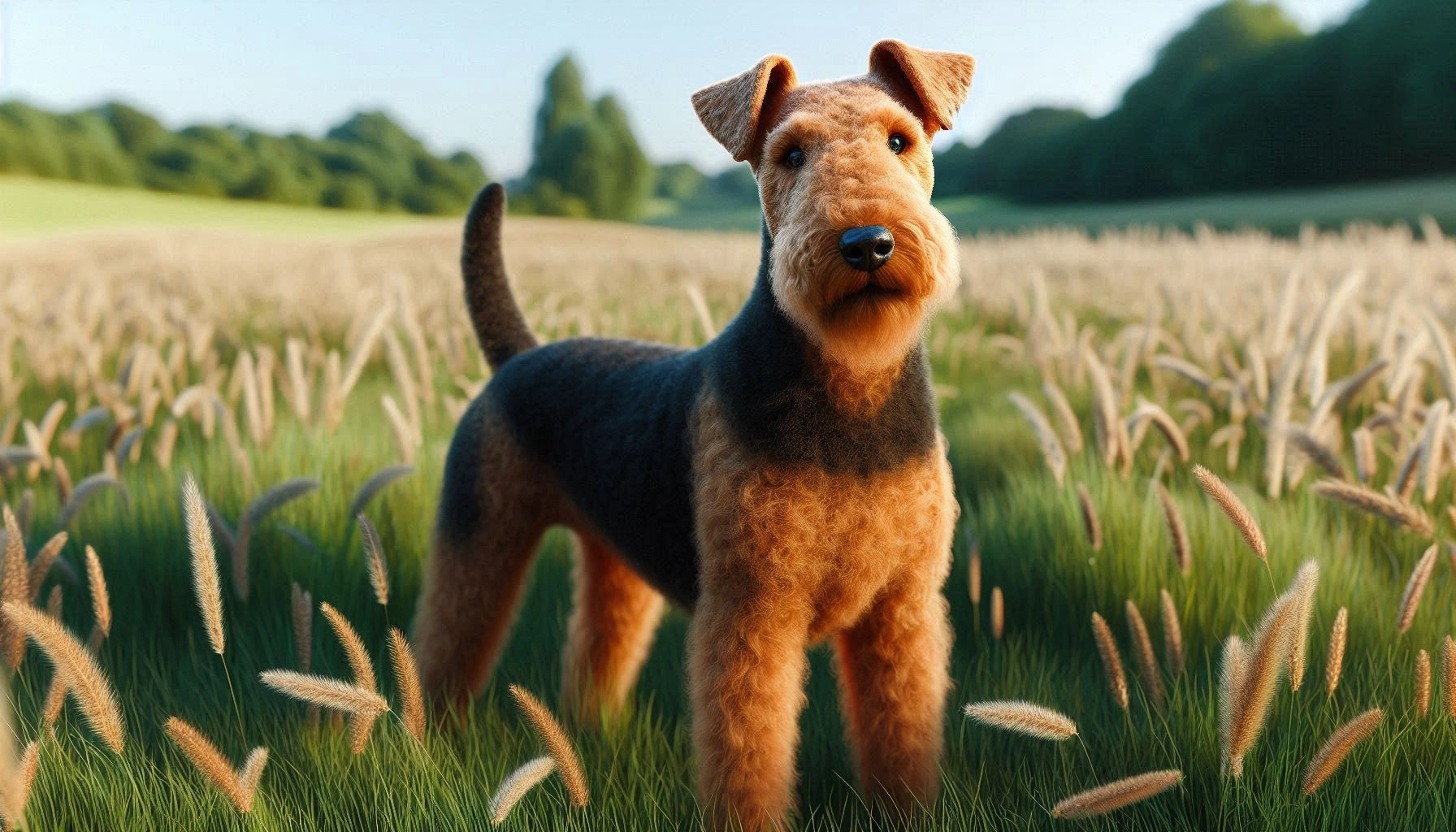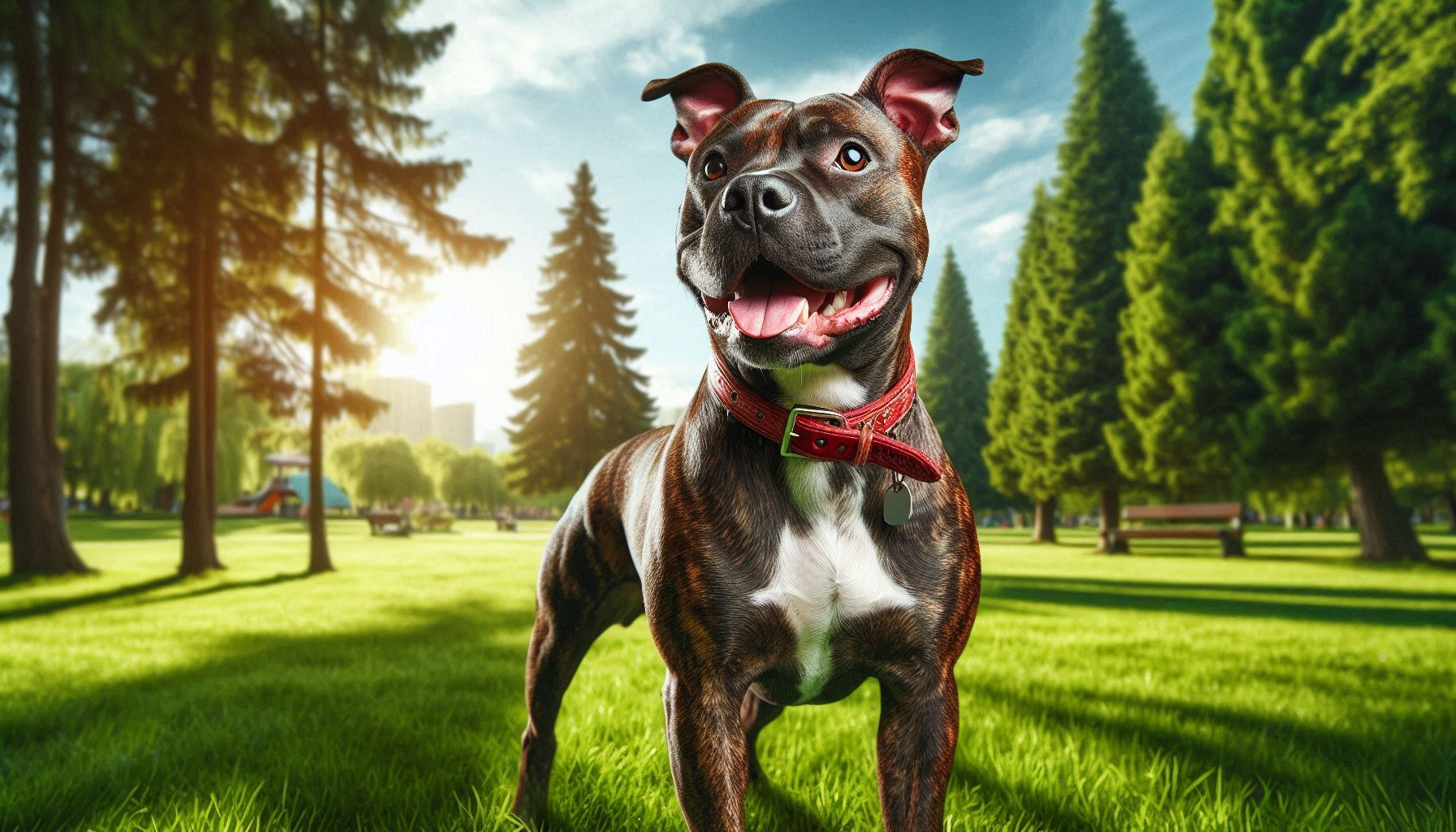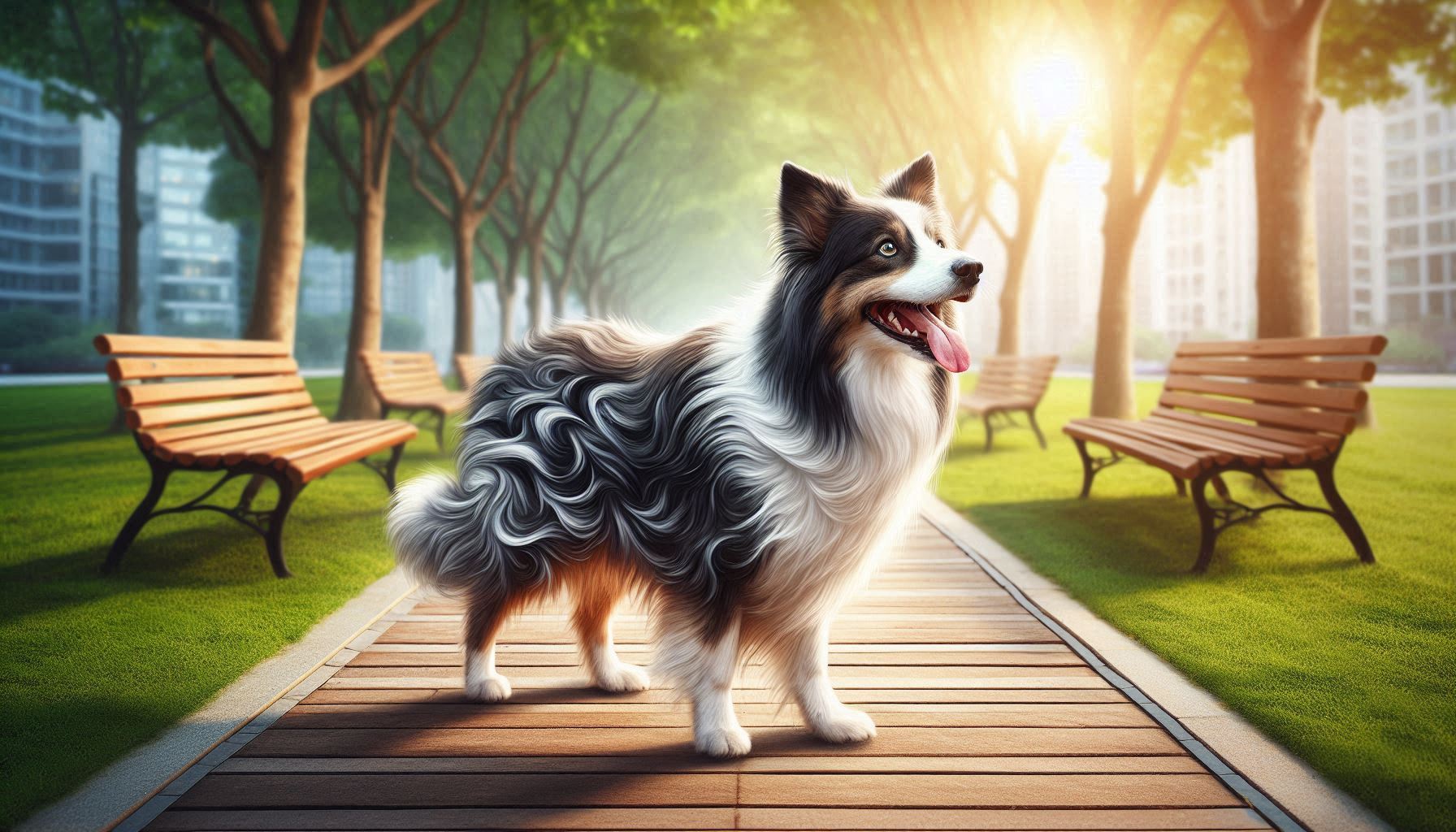Table of Contents
Pembroke Welsh Corgi Dog Breed
The Pembroke Welsh Corgi is a small, lively, and intelligent dog breed that has captured the hearts of dog lovers worldwide. Known for their distinctive short legs, large ears, and adorable fox-like face, Pembroke Welsh Corgis are not only charming in appearance but also full of personality. Originally bred as herding dogs, they have become popular family pets due to their affectionate nature, playful demeanor, and adaptability. Whether you’re looking for a companion for your home or an active partner for outdoor adventures, the Pembroke Welsh Corgi might be the perfect fit.
History and Origin

The Pembroke Welsh Corgi’s history dates back over a thousand years, with its origins rooted in Wales. The breed is believed to have been brought to Wales by Flemish weavers in the 10th century, where they were primarily used as herding dogs. These small yet sturdy dogs were adept at herding cattle and sheep by nipping at their heels, a trait that is still present in the breed today.
The name “Corgi” is derived from the Welsh words “cor” (dwarf) and “gi” (dog), reflecting the breed’s small stature. The Pembroke Welsh Corgi is often associated with the British royal family, particularly Queen Elizabeth II, who has owned more than 30 Corgis during her reign. This royal connection has further enhanced the breed’s popularity around the world.
Interestingly, the Pembroke Welsh Corgi was once considered the same breed as the Cardigan Welsh Corgi. However, in 1934, the American Kennel Club (AKC) recognized them as two distinct breeds, mainly due to differences in their physical characteristics and origins.
Physical Characteristics

The Pembroke Welsh Corgi is a small yet sturdy dog, known for its distinctive appearance. Here are some key physical characteristics of the breed:
- Size: Pembroke Welsh Corgis typically stand 10 to 12 inches tall at the shoulder and weigh between 25 to 30 pounds. Despite their small size, they are muscular and well-built.
- Coat Type: The breed has a double coat consisting of a soft undercoat and a coarse outer coat. This double layer provides protection against harsh weather, making them suitable for various climates.
- Colors: Pembroke Welsh Corgis come in a variety of colors, including red, sable, fawn, and black and tan. Some Corgis may also have white markings on their legs, chest, neck, and face.
- Distinctive Features: One of the most recognizable features of the Pembroke Welsh Corgi is its short legs, which give the breed a unique, low-to-the-ground appearance. They also have large, erect ears that add to their alert and expressive look. Unlike the Cardigan Welsh Corgi, Pembrokes often have a docked tail or a naturally short tail.
Temperament and Personality
Pembroke Welsh Corgis are known for their lively, affectionate, and intelligent personalities. They are highly social dogs that form strong bonds with their families and thrive on human companionship. Here are some common temperament traits:
- Affectionate and Loyal: Pembrokes are incredibly loyal and affectionate dogs, often following their owners from room to room. They are known to be particularly good with children, making them excellent family pets.
- Intelligent and Trainable: Corgis are highly intelligent and quick learners. They excel in obedience training and enjoy learning new commands and tricks. However, their intelligence also means they can be a bit stubborn, so consistent training and positive reinforcement are key.
- Playful and Energetic: Despite their small size, Pembroke Welsh Corgis have a lot of energy. They love to play and require regular exercise to keep them happy and healthy. They are also known for their herding instincts, which may manifest as nipping at heels or chasing after moving objects.
- Alert and Vocal: Corgis are naturally alert and make excellent watchdogs. They are known for being vocal, often barking to alert their owners of any unusual activity. Early training can help manage excessive barking.
Health and Lifespan
The Pembroke Welsh Corgi is generally a healthy breed with a lifespan of 12 to 15 years. However, like all breeds, they are prone to certain health issues. Common health concerns for Pembrokes include:
- Hip Dysplasia: This is a genetic condition where the hip joint doesn’t fit properly into the hip socket, leading to arthritis and pain. Regular vet check-ups and maintaining a healthy weight can help manage this condition.
- Degenerative Myelopathy (DM): DM is a progressive neurological disease that affects the spinal cord, leading to weakness in the hind legs. There is no cure, but early detection and supportive care can help manage the symptoms.
- Intervertebral Disc Disease (IVDD): Due to their long backs, Corgis are susceptible to IVDD, a condition where the discs in the spine can herniate or rupture, causing pain and potential paralysis. Preventing obesity and avoiding excessive jumping can reduce the risk of IVDD.
- Eye Conditions: Corgis can be prone to various eye conditions, including progressive retinal atrophy (PRA) and cataracts. Regular eye exams are important for early detection and treatment.
Tips for Keeping Your Pembroke Welsh Corgi Healthy
- Regular Vet Check-ups: Schedule regular vet visits to monitor your dog’s health and catch any potential issues early.
- Balanced Diet: Feed your Corgi a balanced diet appropriate for their age, weight, and activity level. Avoid overfeeding, as Corgis are prone to obesity.
- Exercise: Provide daily exercise to keep your Corgi physically and mentally stimulated. This can include walks, playtime, and mental challenges like puzzle toys.
- Grooming: Regular grooming, including brushing and nail trimming, will help maintain their coat and overall hygiene.
Care and Grooming
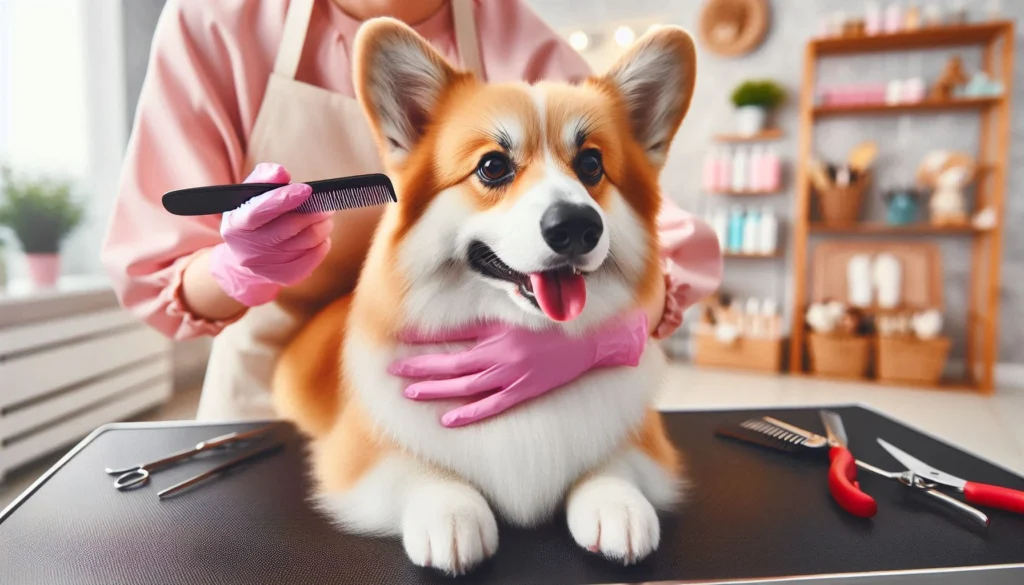
Caring for a Pembroke Welsh Corgi involves regular grooming, exercise, and attention to their dietary needs. Here’s what you need to know:
Grooming Needs
- Brushing: Pembroke Welsh Corgis have a double coat that sheds throughout the year, with heavier shedding occurring during spring and fall. Regular brushing (at least once a week) is essential to keep their coat healthy and reduce shedding.
- Bathing: Bathe your Corgi as needed, typically every 4 to 6 weeks, or when they get particularly dirty. Use a dog-specific shampoo to avoid drying out their skin.
- Nail Trimming: Keep your Corgi’s nails trimmed to prevent discomfort and potential injury. If you’re unsure how to trim their nails, a professional groomer or veterinarian can help.
- Ear Cleaning: Check your Corgi’s ears regularly for signs of infection, such as redness or odor, and clean them with a veterinarian-recommended solution.
Exercise Requirements
- Daily Walks: Corgis need daily walks to burn off their energy and maintain a healthy weight. Aim for at least 30 to 45 minutes of exercise each day.
- Playtime: In addition to walks, engage your Corgi in playtime with toys, games of fetch, or even agility exercises. This will help keep them mentally and physically stimulated.
- Herding Instincts: If possible, channel your Corgi’s natural herding instincts through activities like herding classes or dog sports.
Dietary Recommendations
- High-Quality Dog Food: Feed your Corgi high-quality dog food that meets their nutritional needs. Look for food with real meat as the first ingredient and avoid fillers like corn and soy.
- Portion Control: Corgis are prone to obesity, so it’s important to monitor their food intake and avoid overfeeding. Follow the feeding guidelines on the dog food package and adjust as needed based on your dog’s activity level and weight.
- Treats in Moderation: Treats are a great way to reward your Corgi during training, but be mindful of the quantity and choose healthy options.
Training and Socialization
Training and socialization are crucial for a well-behaved Pembroke Welsh Corgi. Here are some tips for successful training:
Training Tips
- Start Early: Begin training your Corgi as early as possible. Puppies are like sponges, ready to absorb new information, making it easier to instill good behavior from a young age.
- Positive Reinforcement: Use positive reinforcement techniques, such as treats, praise, and toys, to encourage good behavior. Corgis respond well to rewards and are more likely to repeat behaviors that earn them something positive.
- Consistency is Key: Be consistent with commands and expectations. Corgis are smart and can become confused if given mixed signals.
- Address Herding Behavior: If your Corgi exhibits herding behavior, such as nipping at heels, redirect their energy through obedience training and appropriate toys.
Socialization Tips
- Expose to Different Environments: Socialize your Corgi by exposing them to different environments, people, and animals from a young age. This will help them become well-adjusted and confident in various situations.
- Puppy Classes: Enroll your Corgi in puppy socialization classes to help them interact with other dogs and learn basic manners.
- Gradual Introductions: When introducing your Corgi to new experiences, do so gradually to avoid overwhelming them.
Suitability as a Family Pet

Pembroke Welsh Corgis make excellent family pets, but there are some considerations to keep in mind:
- Living Environment: Corgis are adaptable and can live in various environments, from apartments to large homes. However, they do need regular exercise and mental stimulation, so an active household is ideal.
- Good with Children: Corgis are generally good with children, especially if they are raised together. However, due to their herding instincts, they may try to herd young children, which can be managed with proper training.
- Compatibility with Other Pets: Corgis typically get along well with other pets, especially if they are socialized from a young age. They may, however, try to herd other animals, so supervision is recommended.
Fun Facts and Trivia
- Royal Connection: Queen Elizabeth II received her first Pembroke Welsh Corgi, named Dookie, in 1933. Her love for the breed has made them a symbol of British royalty.
- “Corgi Sploot”: The “Corgi sploot,” where the dog lies flat on its stomach with its legs splayed out behind, is a popular and adorable pose unique to the breed.
- Short Legs, Big Jump: Despite their short legs, Corgis are known for their impressive jumping abilities. They can easily leap onto furniture or even into your lap!
Dog Breeds Similar to Pembroke Welsh Corgi
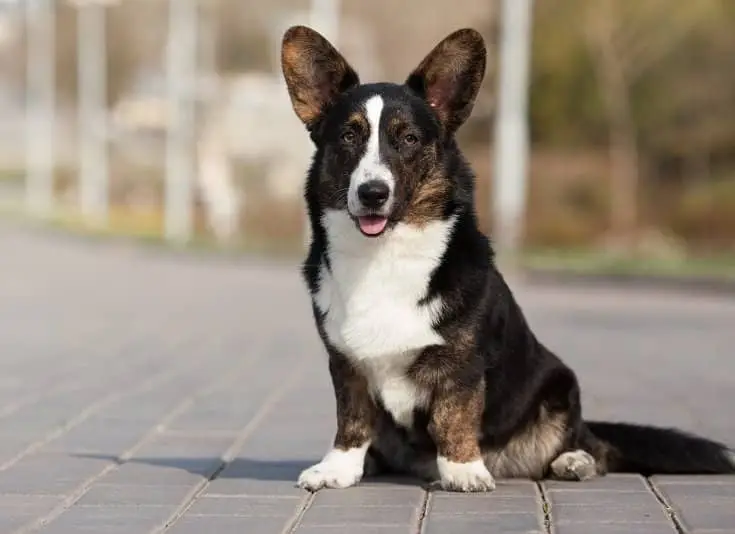
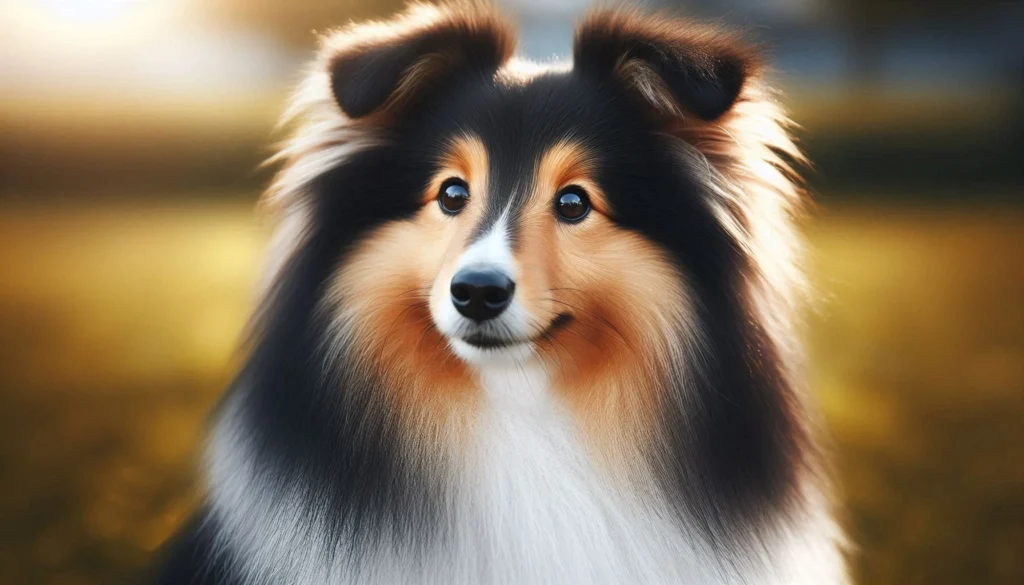
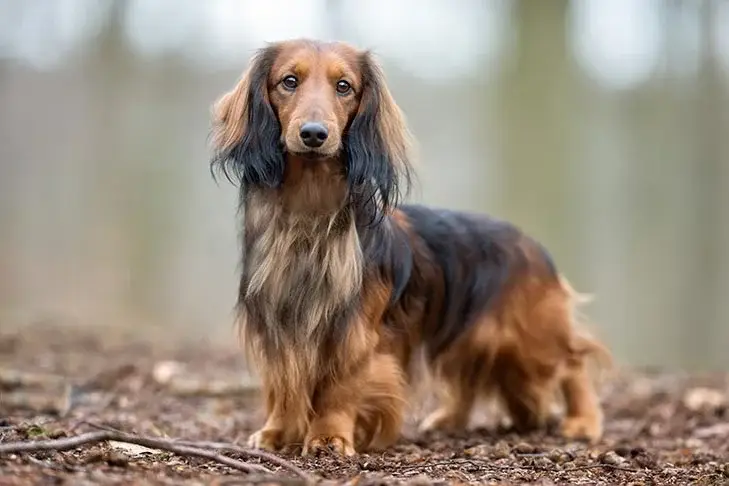
If you love the Pembroke Welsh Corgi, you might also be interested in these similar breeds:
1. Cardigan Welsh Corgi
The Cardigan Welsh Corgi is the Pembroke’s close cousin and shares many similarities, including a herding background and a sturdy build. However, Cardigans have a long tail, slightly larger size, and a more rounded ear shape. They are known for their loyal and affectionate nature.
2. Shetland Sheepdog
The Shetland Sheepdog, or “Sheltie,” is another small herding breed with a lively personality. Shelties are known for their intelligence, agility, and strong herding instincts. They have a long, dense coat and are often described as miniature Collies.
3. Dachshund
The Dachshund is a small breed with a long body and short legs, much like the Pembroke Welsh Corgi. Originally bred to hunt badgers, Dachshunds are fearless, curious, and affectionate dogs. They come in three coat types: smooth, long-haired, and wire-haired.
Conclusion
The Pembroke Welsh Corgi is a charming, intelligent, and affectionate breed that makes a wonderful companion for individuals and families alike. With their unique appearance, lively personality, and adaptability, it’s no wonder they have become one of the most beloved dog breeds worldwide. Whether you’re drawn to their royal history, playful nature, or simply their adorable looks, the Pembroke Welsh Corgi is a breed that brings joy and companionship to any home.
If you’re considering adding a Pembroke Welsh Corgi to your family, take the time to learn more about the breed’s needs and characteristics to ensure a happy and healthy life for your new furry friend.
FAQ
Is the Pembroke Welsh Corgi a dangerous dog?
No, the Pembroke Welsh Corgi is not a dangerous dog. They are known for their friendly and affectionate nature. While they can be protective and alert, especially around strangers, they are not aggressive by nature. Proper training and socialization are important to ensure they are well-behaved and comfortable around new people and situations.
Is the Pembroke Welsh Corgi a good guard dog?
Pembroke Welsh Corgis can be good watchdogs due to their alertness and tendency to bark at unfamiliar sounds or people. However, they are not typically used as guard dogs, as they are small in size and more inclined to be friendly than protective. They will certainly alert you to any unusual activity, but they are not aggressive or imposing enough to serve as a true guard dog.
